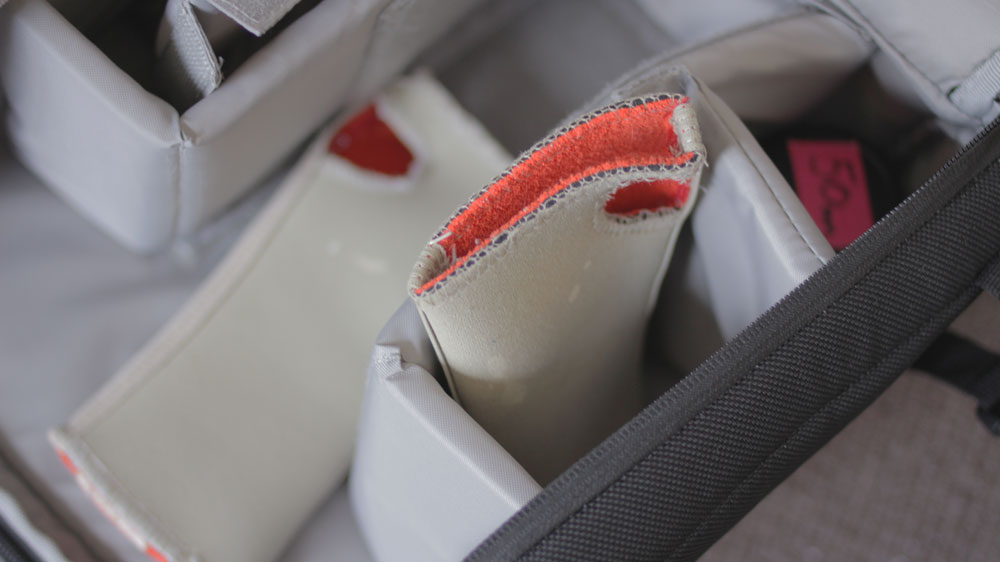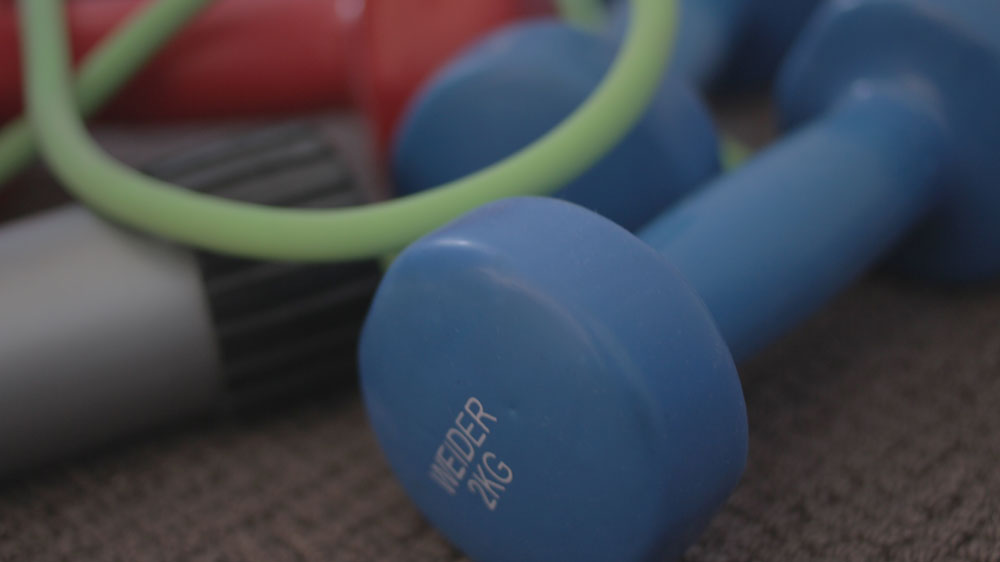I recently gave a talk to students at The MacRobertson Girls' High School. I’ve done a bunch of talks like this, so I knew what kind of lecture was expected. Generally, the aim is to try and get the students inspired and excited about filmmaking & other forms of multimedia. But as I prepared my materials for the lecture, I started to wonder if I could actually, in good conscience, recommend they take a similar career path to me. Sure, being a creative professional is exciting, inspiring, and incredibly rewarding. But it also has an incredibly significant downside. And I’m not even talking about the lack of stability, exhausting hours, general stress, or soul crushing rejection. I’m talking about simple heath and safety. To put it bluntly, my passion for film has ruined my body.
Thanks (at least in part) to my passion, I now suffer from tendonitis in my wrists, and chronic arthritic neck pain. What does this mean? It means I can’t use a computer for more than half an hour at time because by then either my hands or neck (or both) will start to ache. If I ignore the pain and keep working then I will probably be rewarded by either a migraine from the neck Some days it feels like I’m the exact opposite of masculine. Instead of women asking me to open jars for them, it’s usually me asking them for help!
And by the way, I’m only 25 years old.
HOW DID THIS HAPPEN?
The truth is that much of modern life is simply not good for the human body. The whole practice of sitting down at a desk to work at a computer for an extended amount of time puts a lot of strain on us. So this issue isn’t unique to filmmaking by any means. However, in my opinion, creative professionals are more likely to suffer due to the long hours fuelled by passion (or sometimes desperation). Regular people work during the day and go home to relax at night. It’s not unheard of for creatives, on the other hand, to work all day on a paying job and then late into the night on their own personal project (I’ve never done an all-nighter myself, but I know many creatives who have). Regular people might take breaks for coffee or to read the newspapers. But when you’re consumed by your passion - sometimes obsessively so - it’s easy to let hours go by without even noticing. In short, us creatives can be pretty bad at taking care of ourselves.
Personally, I can pinpoint a few key moments that have lead me to this current position. I’ve always been a computer nerd, so it probably would have happened eventually anyway, but my first introduction to tendonitis was from a data entry job while I was in uni. After a month of punching numbers my arms ached like you wouldn’t believe. Back then I called it RSI (repetitive strain injury), hoping it would go away. But it never did. The really bad part about injuring an area like you’re wrists is that it’s practically impossible to rest it so it can heal. Think about it, you use your hands for pretty much EVERYTHING.
After some thorough physiotherapy and extended rest, my wrists did improve, however they were not cured. I realised this after helping my good friend and colleage, David Shiyang Liu, on a shoot for his honours project “5films”. I carried heavy gear like lights, camera gear, and shotbags all day without thinking about it. My problem was related to repeative use of my wrists and hands right? So why should I worry? Wrong. This one day of work put my arms out of action for almost two months. I pretty much wasn’t able to write or use the computer at all.
With my neck, it was more gradual. I haven’t been able to find a healthcare professional (and I’ve seen a lot) who can suggest a single incident, some mistake I made to cause the neck pain. Much more likely, it was caused by years and years of abusing my neck. Slumped over a computer animating or editing or writing. If that sounds like you, then maybe it’s time to make a change.
These days I have to wear wrist bands to help support my tendons when I'm working on set.
THIS WON’T HAPPEN TO ME
By this stage you’re probably thinking: well, that’s not going to happen to me. Sure, I’ve probably been quite unlucky to sustain these injuries at such a young age. Yes, it was dumb to take a data entry job. Maybe it won’t happen to you. But then again, I look around me at my friends and colleagues and I’m not the only one with these kinds of ailments. Three out of four of the directors at KICK KICK PUNCH have suffered RSI from either computer use or drawing - and the other two have never done data entry. I also know many people about my age who suffer from neck pain - again most likely from maintaining the same position for extended periods while working.
Perhaps this won’t happen to you. I HOPE it won’t happen to you, I wouldn’t wish this on anyone. But, in my opinion, it just isn’t worth the risk.
PREVENTION IS THE BEST CURE
As I said above, with these kinds of injuries it’s seems like once you’ve got them, you’ve got them for life. Sure, you’ll have periods of reprieve (there are months where my wrists barely bother me), but the problem never goes away entirely. By now I’ve seen two doctors, three physiotherapists, two chiropractors, and a musculoskeletal therapist. None of them have been able to cure my problems. One physio in particular has been very good. He’s helped me manage my tendonitis, but again, I’ve had to accept that it’s all about “managing” the problem and not “curing” it.
I do weights and pilates every morning to help get me through the day.
One of the things that frustrates me the most is how ignorant I was of these risks. Sure, if you think about it, doing ANYTHING for too long is not going to be a good thing. But no one ever told me there was a real possibility I could have problems of this magnitude by my early twenties. I’m by no means an expert on this kind of thing (if you find yourself with a problem like this you really need to consult a doctor), but I have learnt a few simple tips that you might find useful. Here are some things I wish I knew when I was younger:
- TAKE BREAKS: These kinds of problems are fuelled by inactivity or repetitive activity. These days I try to take a five or ten minute break every half hour. I’ll go for a walk, stretch, or do a different kind of work. This took me a long time to get used to as I’d been conditioned that when you’re at work, you work. It might feel wrong in the short term, but this will be very beneficial to you in the long term.
- MOVE AROUND: Standing or sitting still is bad news for your body. Move around and change positions frequently. Maia (from KKP) and myself are actually considering trying out some standing desks so we’ll be much more free to move around as we work.
- BUILD MUSCLES: Your bones and tendons are pretty fragile things when you think about it, and tendons in particular are not very easy to repair. The more you can strengthen your muscles, the more pressure you can take off these other, more fragile, parts of your body. I’m quite skinny and I find it hard to build muscle, so when I lift something almost all the pressure is taken by my tendons and bones. Not a good situation.
- EXERCISE: Exercising regularly has lots of benefits. It can help with the former point, it can help to loosen your joints and break up little pockets of lactic acid (called trigger points or pressure points depending on who you talk to), and it has plenty of fringe benefits like releasing endorphins and making you feel better emotionally. These days I usually do about twenty minutes of weights and pilates every morning (I need to do this just so I can work on the computer at all), and I try to swim twice a week (although I should really swim at least three times a week).
- WORK ON YOUR POSTURE: You can also try to minimise the pressure you put on different parts of your body by maintaining a good posture. This is easier said than done, so I recommend you see a physio or someone like that if you want to work on your posture.
With these tips, I can’t stress enough that you should really see a health care professional if you’re suffering from any injuries like the ones I’ve described. Everyone - and their injury - is different, so what I’m suggesting might not be appropriate for you.
On the whole, I’d just like to speak to those of you who still do have their health and physical strength. Please don’t take it for granted, because it may not be with you forever.



